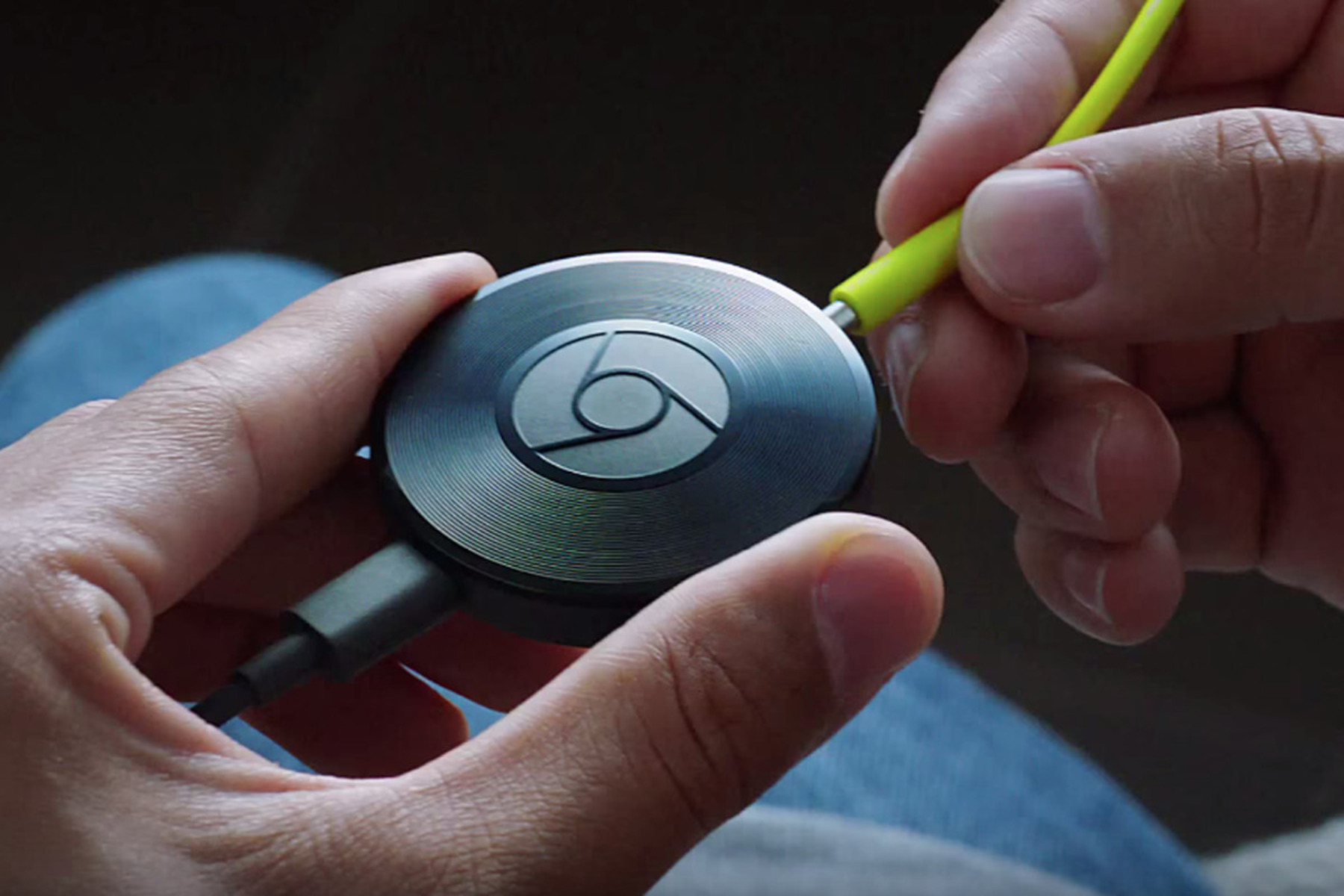Reekon, a rising hardware startup, is defying the challenges of the industry to create and deliver innovative products. With a team of 13 dedicated employees, Reekon has made impressive strides since its early beginnings. The company’s CEO, Christian Reed, previously worked at the renowned MIT spinoff 3D-printing firm Formlabs, where the idea for their first product, the M1 Caliber, was born.
Key Takeaway
Reekon, the innovative hardware startup, has disrupted the traditional home improvement tools market with its game-changing products like the M1 Caliber and T1 Tomahawk. By leveraging the power of crowdfunding and dedication to meeting contractors’ needs, Reekon has set itself apart from competitors and is driving the industry into the 21st century.
The Birth of a Game-Changer
The M1 Caliber started as a passion project by Reed and his co-founder. They launched a Kickstarter campaign for the tool in June 2020 and surpassed their goal of $10,000 within hours, ultimately raising a staggering $1.28 million. Contractors and DIY enthusiasts were captivated by the M1 Caliber’s functionality – a system that clamps onto a saw and measures two-by-fours as they roll beneath it. The tool boasts a display offering various units for precise cuts, making it a game-changer in the industry.
The initial batch of M1 Calibers shipped out in April 2021, and the product is now available for purchase on popular platforms like Home Depot, Lowe’s, and Amazon for $150. What differentiates Reekon from its competitors is its refusal to rely on traditional venture capital funding. Despite being a hardware company for over two years, Reekon has managed to thrive through crowdfunding campaigns. The M1 Caliber alone raised $2.2 million on Indiegogo, while their more recent product, the T1 Tomahawk, drummed up an impressive $3.9 million on the same platform.
A Path Less Traveled
Reed explains that forgoing traditional VC funding was not a deliberate choice. However, the company has been fortunate enough to avoid it thus far. While VC funding can be advantageous for rapid growth, Reed acknowledges that Reekon has been able to navigate the hardware industry successfully without it. Nevertheless, he remains open to the idea of utilizing VC funding in the future, should the need arise.
Reekon’s commitment to revolutionizing the industry doesn’t end with the M1 Caliber and T1 Tomahawk. The company has ambitious plans to develop a smartphone-connected QR printer that creates labels specifically designed to identify two-by-fours. With each product tailored to meet the unique needs of contractors, Reekon aims to modernize an industry that traditionally resists change.

























